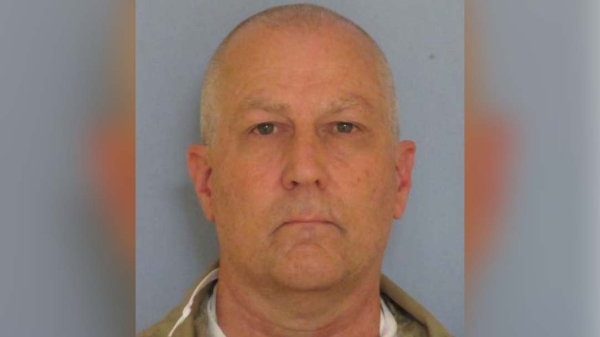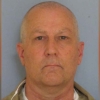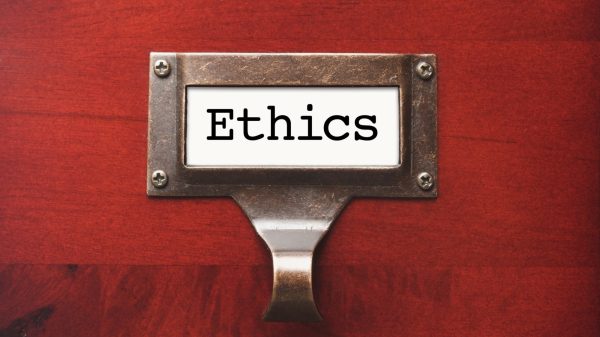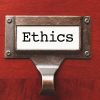By Bill Britt
Alabama Political Reporter
MONTGOMERY—In February, 2013, the Alabama Political Reporter revealed that in 2010, Governor Bob Riley, in conjunction with then Minority Leader Mike Hubbard, funneled money from various PACs, and from the RSLC to Citizens for a Better Alabama, (CBA), to stop bingo-style gaming from becoming legal in the State.
But, certain statements made by the group’s founder, A. Eric Johnston, and various suspect actions by Riley and Hubbard, indicate there is more to this story than just one group’s battle against gambling.
A recently disclosed 2011 investigation by the Republican State Leadership Committee, (RSLC), showed that there were great concerns over donations given to CBA from the RSLC:
“The $100,000 contribution to Citizens for a Better Alabama (CBA), which is not controlled by Hubbard, is particularly troubling. CBA is not a Republican PAC, and it is highly unusual, if not unprecedented, for RLSC to contribute money to a non Republican group. Worse, CBA appears to be the renamed “Citizens Against Legalized Lottery (“CALL”),” one of the Christian groups through which Jack Abramoff funneled Choctaw Indian-money to help Ralph Reed rally social conservatives against,” the report concludes.” However, it appears that the investigator, nor the RSLC knew that it was Riley along with Hubbard who were in-fact controlling CBA, by proxy.
According to Johnston, Riley and Hubbard not only procured the funds for CBA, they directed where the money would be spent.
Starting in 2009, the Birmingham-based/tax-exempt group became the public face of opposition to Sweet Home Alabama, and the shutting down of legal casinos operated at VictoryLand and Country Crossings. According to archived versions of its website, the CBA – run by Johnston – has “been an advocate for the family since 1991.”
In a 2009 letter penned by Johnston, he denounced the deceptive ads being run for the Sweet Home Alabama plan: “The Citizens for a Better Alabama may not have the millions of dollars it would take to combat these deceptive ads on the airwaves, but we do have the truth on our side.”
Before CBA’s relationship with Riley and Hubbard the group had an yearly average funding of around $40,000. However, in 2010 Johnston would have a million dollars to fight gambling, provided by his white knight Riley.
According to Johnston, when Riley became interested in ridding the State of bingo gambling, he was contacted by the Governor who said he wanted to help Johnston raise money.
“I don’t know why he [Riley] decided to do it [fight gambling] other than it was a propitious time to do it,” said Johnston. “Whatever he was doing was good. He was stopping illegal gambling.”
However, there are some very suspicious activities surrounding Riley and Hubbard funding of CBA. The way in which Riley passed along money to CBA and directed its flow is of particularly interesting.
According to Johnston, “Someone from the governor’s [Bob Riley’s] office would call and say you’re getting a check for $200,000 and you’re going to get a bill at the same time from [Mike] Hubbard’s deal and you need to pay that…that is what that money is for.”
“Hubbard’s deal,” according to Johnston, was a Hubbard business interest.
Johnston describes how money raised by Riley, went directly to Hubbard and that he never actually saw most of the money.
Johnston said that the money that his organization received was almost entirely for advertising, “Mike was in that business and I thought it appropriate for him to handle it.”
Again, a pattern emerges where donations from one group, is given to a third party and then finally back to one of Hubbard’s business interests. In this case, the money was being directed by Riley to Johnston the to Hubbard. Even the so-called small donations would be directed by Riley, “I would be informed by the governor’s office that I would be getting a check for 2 or 3 thousand dollars and we would have ad bills that cost that much,” said Johnston, “and that money would be for those bills.”
According to Johnston, “We ran a zero balance campaign. Whatever money came in was spent, a lot of it was coordinated through Mike Hubbard’s company.”
CBA is a 501(c)(4) nonpartisan nonprofit corporation. According to Alliance for Justice, “The tax exemption for 501(c)(4) organizations applies to most of their operations, but contributions may be subject to gift tax, and income spent on political activities – generally the advocacy of a particular candidate in an election – is taxable.”
CBA records show that, $717, 750 of the almost exactly $1,000,000 raised and spent by CBA in 2010 came directly from partisan Republican PACS and campaign accounts controlled directly by Riley and Hubbard. That is 70 percent of all money raised and spent.
Another $100,000 came directly from another Republican PAC – the Republican State Leadership Committee (RSLC) PAC in Washington DC. Again from an internal memo from September of 2011, the RSLC stated that it was “unprecedented” for them to give political money to a nonprofit such as CBA.
The total amount of unquestionably partisan Republican political money (as it came directly from GOP political committees) sent to CBA in 2010 totaled well over $800,000 – 80 percent of all money raised.
Of the remaining $200,000 raised by CBA, there were only 11 separate donors. Ten (10) of those donors had previously contributed political money to Riley and/or Hubbard.
According to CBA’s Form 990, almost all of the money spent – over $982,000 – was on advertising. That advertising was purchased by a Hubbard business interest.
Taking Johnston’s statement on spending into the equation, it seems likely that all of the nearly $1 million spent by CBA was spent with companies owned (either wholly or in partnership) by Hubbard.
All of these actions by Riley and Hubbard raise serious questions.
Did Riley and Hubbard hope to hide the fact that Hubbard business interest were receiving large sums from CBA? It would seem that by running the money through CBA, there would be no disclosure that then Alabama GOP Chair Hubbard was getting almost $1 million in personal business from the “anti-bingo” effort on the eve of a major statewide election.
Due to the overwhelming funding of the “nonpartisan non-profit” CBA directly from GOP PACS, was CBA in violation of federal tax law?
Could CBA owe back taxes on the partisan money contributed for political purposes?
It would certainly seem that CBA could be held liable for hundreds of thousands of dollars of unpaid taxes. As the sole officer of CBA, Johnston would be the person who would be held responsible, even if Riley and Hubbard were pulling the strings – as he has indicated in interviews.
Perhaps the more troubling questions are:
Why did the Republican State Leadership Committee send a $100,000 check to CBA after the bingo fight had been ended by disclosure of a federal investigation in April 2010?
Why did Hubbard’s Network PAC direct over $100,000 in GOP political funds to CBA after the bingo battle ended with the announcement of the federal investigation in April 2010?
Why did Hubbard send $75,000 of precious GOP political money from NETWORK PAC to CBA on October 25, 2010 – one week before the November election and at a time when the State GOP He headed needed every penny for last minute campaigning?
Johnston has a long history of opposing gambling in Alabama. It is likely he wanted to help fight gambling expansion; whether or not he knew that he would essentially be handing over his non-profit to Riley and Hubbard is unknown.

















































